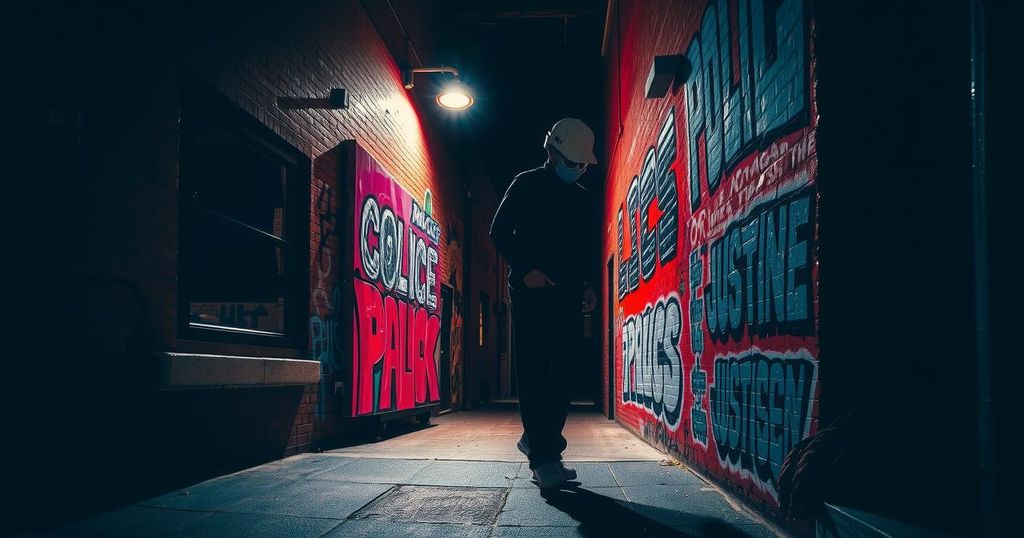Kenya to Charge Police Officers with Murder Over Blogger’s Death in Custody

Kenyan prosecutors have charged six individuals, including three police officers, with murder in relation to the death of blogger Albert Ojwang. His death in custody sparked nationwide protests against police brutality. As the situation unfolds, activists express concern over the perceived limited charges and demand broader accountability.
In a significant development, Kenyan prosecutors have decided to bring murder charges against six individuals, including three police officers, linked to the death of a political blogger, Albert Ojwang. Ojwang’s death in police custody earlier this month ignited public outrage and led to substantial protests across the country. These charges are to be formally presented in court on Tuesday, as stated by the Office of the Director of Public Prosecutions in Kenya.
Ojwang, a 31-year-old blogger and teacher, had been arrested as part of an inquiry that was instigated by a complaint from Eliud Lagat, the deputy national police chief. Lagat alleged that false and damaging information had been circulated about him on social media, which prompted the investigation. Initially, police reported that Ojwang had committed suicide, but an autopsy revealed his injuries were likely due to assault, prompting an apology from the police.
Following Ojwang’s troubling death, hundreds have taken to the streets in protest against police brutality. The planned demonstrations on Wednesday are set to coincide with the one-year anniversary of a major protest that resulted in the storming of parliament, a tragic event that resulted in police gunfire and multiple fatalities. Activists have strongly criticized the decision of prosecutors to charge only lower-ranking officers, suggesting it may be an attempt to cover up the larger issue at play.
The investigation into Ojwang’s death has seen Lagat step down from his position while the probe is underway, contending he has committed no wrongdoing. One of the officers charged, James Mukhwana, reportedly told investigators that superiors instructed him to ensure Ojwang was mistreated upon his arrival at the station, indicating deeper issues within the enforcement agencies. The National Police Service has not commented on Lagat’s allegations, nor has Reuters managed to contact him directly for his input.
As the situation develops, many are watching closely, anticipating further consequences for those involved. Public sentiment continues to rage, demanding accountability and justice for Ojwang, whose death has become emblematic of broader concerns regarding police practices in Kenya.
In conclusion, as the Kenyan justice system gears up for the arraignment of six suspects related to the tragic death of blogger Albert Ojwang, the public remains on edge. Protests reflecting the demand for accountability are likely to continue. Activists are pushing back against what seems to be a very limited accountability for a tragedy that has raised urgent questions about police conduct and oversight in the country.
Original Source: www.yahoo.com








